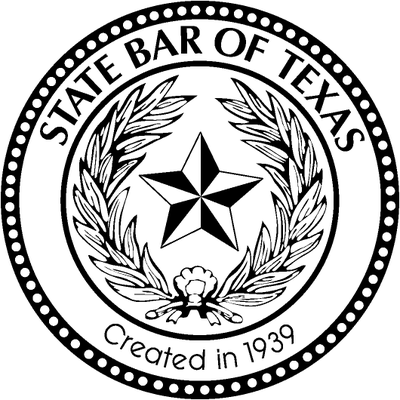As a business and employment litigator, I am interested in conflict and its resolution. I was stunned when I heard about the Sandy Hook shooting. I asked myself: why did this happen? How could someone commit such atrocious acts? How can we prevent such atrocities in the future?
I once worked with a lawyer who, when an employee came to him with a problem, liked to respond, “Sounds like a personal problem to me.” It was his catchphrase. It meant: “That’s your problem, not mine. Take care of it yourself. I am not going to help you. Go away.”
Like this lawyer, many employers believe that people should not bring their “personal problems” to work. I sympathize with this view. Who wants to be bothered? Why can’t people solve things by themselves? Work is for work. Do your job. Right?
But consider this: a problem, according to one definition I just made up, is a thought that causes pain.
Everybody has painful thoughts: I’m powerless. I’m not lovable. I’m not worthy. I’m not respected. I’m not safe. I can’t get what I want.
And everybody does something in response.
We know how the Sandy Hook shooter responded to his painful thoughts. How do you respond to yours? Do you talk it over with a friend? Write about it? Go for a run? Ignore it? Hold it in and stew about it? Drink? File a lawsuit?
If you’re like me, maybe you don’t always respond to your own pain very well. Maybe there are times when you wish you would have responded differently. Maybe there are times when your response hurt other people. Maybe you’re not always able to handle your own pain alone. (Sometimes you need a great lawyer. My number is at the bottom of the page.)
What the “personal problem” comment recognizes—rightfully so—is that our pain is our responsibility. What it fails to acknowledge, however, is that when people need help and they don’t get it, other people get hurt—sometimes on a massive scale. It benefits all of us, therefore, to help those who ask for it.
Emotional pain is not a sign of weakness or self-indulgence. Rather, like physical pain, it is a sign that something needs attention.
When will we learn to pay attention to our pain and seek the resources we need to respond in a healthy way? These are the skills we need to develop and pass on to our children. This is the culture we need to promote in the workplace. This is the essence of self care. When we care for ourselves in this way, something remarkable happens: we don’t have to hurt ourselves or other people (unless, of course, they are about to hurt us). Instead, we have room to help.
My heart goes out to everyone affected by the Sandy Hook shooting. May you seek and receive the care you need.









